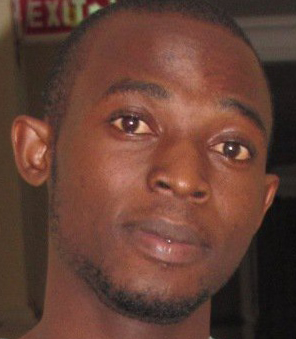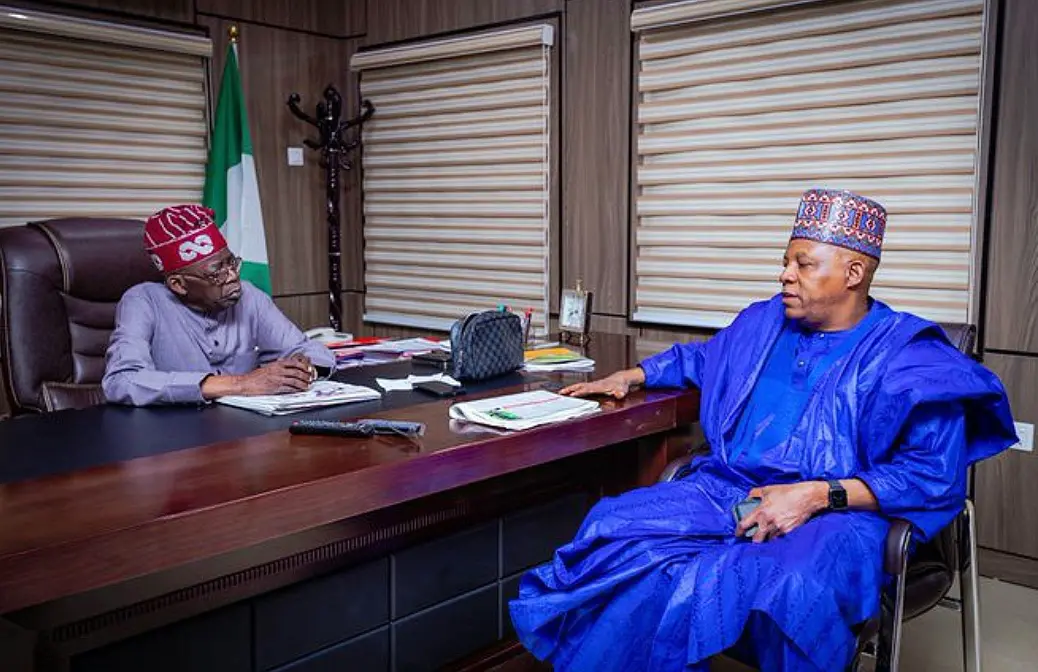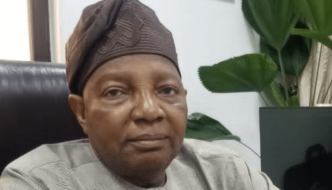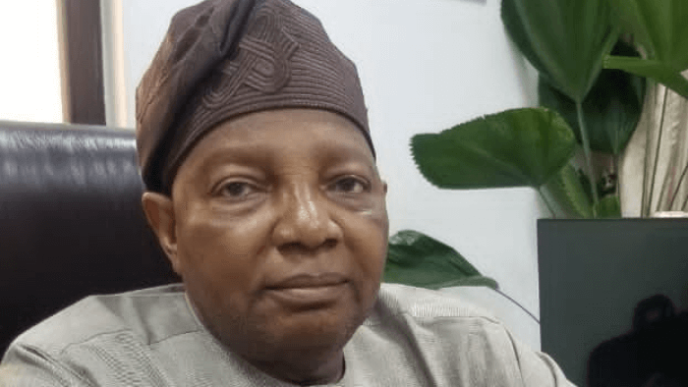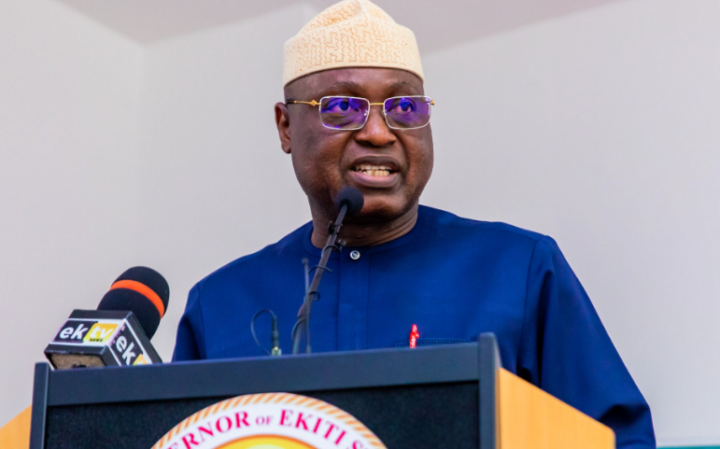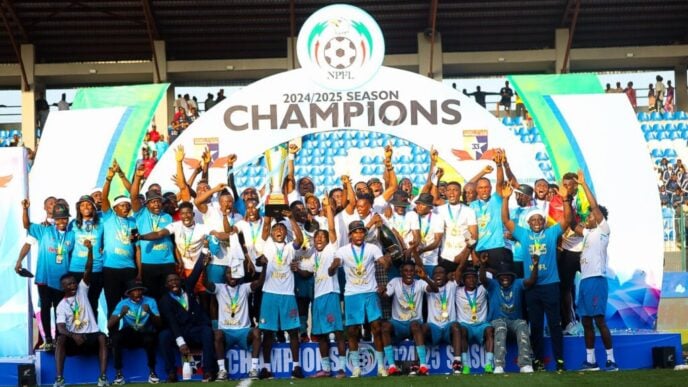The oxygen of every democracy is an army of vigilant citizens who keep political leaders on their toes. This is even more critical for those in government employ. What some may perceive as hostility towards public officials is, in fact, the reality check they need to puncture the echo chamber that government often becomes, and which, at times, truly is. Perhaps the most interesting part of governance is this pushback from the public, for it compels policymakers to listen, to learn, and to recalibrate their approach without losing sight of what is practical or achievable.
Political appointees may also feign feeling the heat of the kitchen, probably because of their constant interaction with the consuming public. But no one understands the true weight of cooking for a diverse nation with complex appetites better than those elected into office. President Bola Ahmed Tinubu’s second anniversary address to the nation captures the essence of that experience. It also aligns with Vice President Kashim Shettima’s favourite analogy of what it means to be in the arena, borrowing from the Spanish matador Domingo Ortega, who said the crowd may gather to watch and the critics may have their say, but only the man who faces the bull knows the gravity of the moment.
The debate about President Tinubu’s stewardship has oscillated between sentiment and data. On the former, it may be easy to score low in public perception. But data remains the more credible metric, and it should influence the policies of nations that care about the future. When this government took charge, Nigeria’s debt service-to-revenue ratio had ballooned to nearly 100%. The implications of this may not be easily communicated to those unfamiliar with economic dynamics, but it reflected an economic crisis that had to be reversed before the nation imploded.
It was not that Nigerians had lived a lie, as some chose to characterise the past decades. It was that everyday Nigerians had been cheated by the elite. What transpired was an organised racket perpetuated over generations by political leaders, oil marketers, bureaucrats, and well-connected businesspeople, where fuel and forex subsidies functioned as conduits for corrupt enrichment. The Aig-Imoukhuede committee in 2012, for instance, uncovered how 21 oil marketers fraudulently collected ₦382 billion in subsidy payments. A House committee later found ₦1.7 trillion in fraudulent payments over three years for fuel that was never delivered.
Advertisement
The multiple exchange rate system in the pre-Tinubu era created fertile ground for round-tripping—a corrupt practice where politically connected individuals, importers, and even CBN insiders accessed dollars at the official rate (often 40% to 60% lower than the black-market rate) and resold them at a profit. This arbitrage-driven system, originally intended to stabilise prices, became a rent-seeking racket where fake manufacturers secured forex for phantom imports, legitimate businesses hoarded subsidised dollars while pricing goods at parallel market rates, and authorised dealers colluded with CBN agents to skim margins meant for exporters.
So, the sentiment that ending these parties of entrepreneurs without enterprise was anti-poor is a misreading of the tragedy. The abuse didn’t only drain public resources or distort the currency market, it fuelled inflation and undermined genuine enterprise by sincere citizens who only sought an enabling environment to compete fairly. It had become so dire that, in 2023, the EFCC launched probes into $347 billion in suspicious forex allocations, including investigations into over 51 major firms. A forensic audit revealed hundreds of off-book CBN accounts and unauthorised transactions.
On the eve of his inauguration, I met President Tinubu alongside some members of his would-be inner circle, as he prepared for this journey of reform. What stood out in the interactions that day was his conviction not to pay lip service to policymaking. That determination was echoed in his inaugural speech declaration: “Fuel subsidy is gone.” This signalled the beginning of a dreaded transition. The tumult that followed was not unexpected. Many economic experts had long predicted it as a necessary sacrifice.
Advertisement
In my Daily Trust op-ed of October 19, 2022, The Hard Time Ahead, I reported Emir Muhammadu Sanusi II’s warning at the seventh edition of the Kaduna Economic and Investment Summit. Urging Nigerians to prepare for the difficult times ahead as they sought to elect a new President, he cautioned that the reforms necessary to reset the nation would come with consequences. Citing the fiscal and monetary missteps of previous years, he warned: “Anybody that tells you it’s going to be easy, please don’t vote for him. Because it’s either he’s lying to you or he does not know what job he’s going to get.”
No matter how one feels about the journey so far, President Tinubu’s options were stark: prolong the country’s economic decline or perform the surgery that, based on current data, is setting Nigeria on a stronger footing. None of the major presidential candidates in the last election promised to pursue the reforms differently. Those who later attempted to adjust their positions to appeal to mass sentiments merely suggested they would have phased the reforms—ignoring the fact that such measures must be executed within a four-year term, in which the early and final months are reserved for understanding inherited challenges and fine-tuning solutions.
The first-quarter 2025 earnings of Nigeria’s listed companies have not only broken records but also suggest that long-sought stability is finally being achieved. This is explained in detail in the May 29 reflection by business mogul Abdulsamad Rabiu, who shared that “President Tinubu’s Nigeria First policy has aligned well with our own belief in backward integration,” noting that the reforms have “restored stability, fairness, and confidence in the economy”—which he called “the foundations of growth.”
While the short-term inflationary impact of policy reforms is acknowledged, the reality remains that a sustainable microeconomic structure cannot be built without fixing the macroeconomy. Whether as a source of jobs or government revenue, macroeconomic gains trickle down to support social interventions. This foresight drives the deliberations of the National Economic Council, chaired by Vice President Kashim Shettima, and it informs the localisation of the National Human Capital Development Programme to tackle setbacks in education, labour participation, and health, with Akwa Ibom State adopting strategies at the local government level.
Advertisement
Beyond economic stability, these reforms are driven by the need to generate revenue for both federal and state governments to fund their electoral promises. In 2024, federal allocations to states increased by 62% over the previous year. The student loan programme is now operational. Vice President Shettima is overseeing the establishment of MSME clinics across states. The legacy debt owed to the IMF has been paid. Nigeria’s debt service-to-revenue ratio has decreased by 33 percent. Fitch Ratings has upgraded Nigeria’s credit rating outlook from stable to positive, citing faster-than-expected reform progress since President Bola Tinubu assumed office. The GDP is rising—as is the tax-to-GDP ratio.
Of course, the trajectory of the economy does not ease the reality of the need for more. But it stifles the mischief by the opposition in denying the necessity of the bold reforms championed to stabilise the economy. What President Tinubu has done is, as Vice President Shettima said to him on the occasion of his last birthday, “taking the bullets that many past presidents before him simply lacked the courage to face,” and that “future presidents of Nigeria will not have to wrestle with the same ghosts that haunted past administrations.” I believe that is the legacy for which President Tinubu will be remembered.
Kakanda is the senior special assistant to the president on research and analytics, Office of the Vice President, and co-lead of the Presidential Initiative for Innovation, Policy Evaluation and Research (PIIPER).
Advertisement
Views expressed by contributors are strictly personal and not of TheCable.
